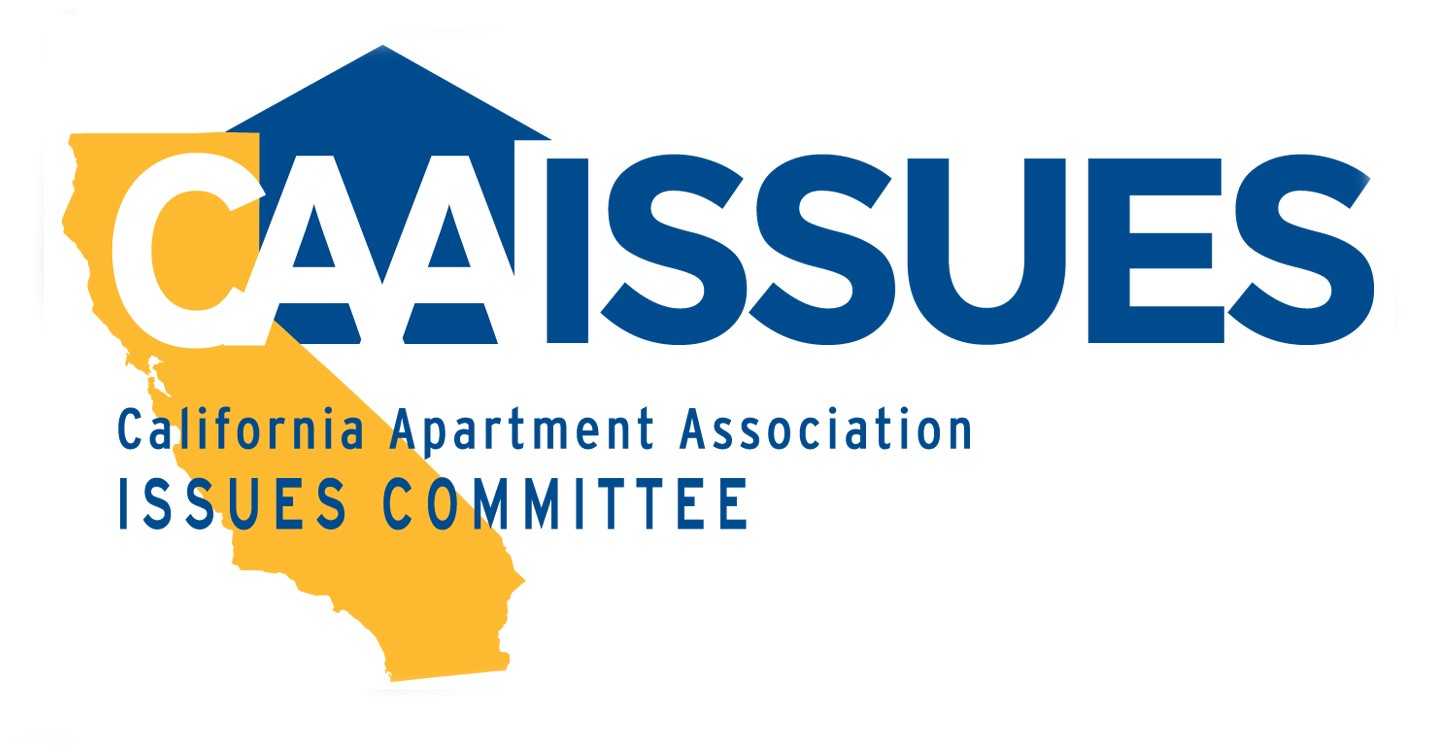The California Apartment Association today published revised versions of several forms related to the tenant-screening process.
The revisions come in response to an Aug. 20 California Supreme Court decision in Connor v. First Student. The ruling expanded the application of a California law known as the Investigative Consumer Reporting Agencies Act. Under this act, landlords, employers and consumer-reporting agencies must follow the procedures for “investigative consumer reports” when seeking and providing reports that relate to an applicant’s “character, general reputation, personal characteristics, and mode of living.” The law doesn’t define these terms, but in the rental housing context, unlawful-detainer eviction reports and criminal background checks are the most commonly used types of reports to be subject to enhanced requirements.
From a landlord’s perspective, this will require providing additional disclosures. For example, the act requires the owner to disclose to the applicant that …
This resource contains member-only content
CAA members have access to compliance forms, educational tools, and extended news resources related to this topic.

